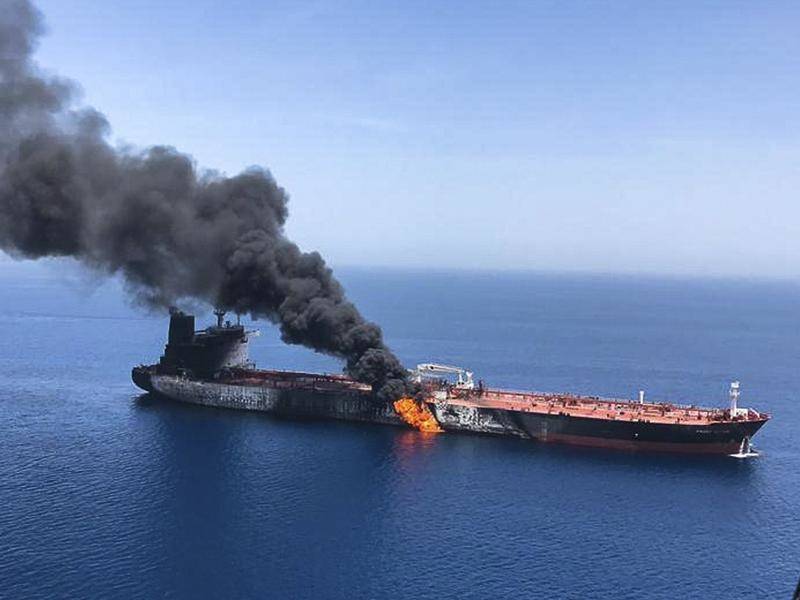Forty years ago this year, the revolutionary Islamist regime in Iran held US embassy personnel hostage. Today, they are threatening to take the world hostage by menacing the free passage of oil through the strategic Strait of Hormuz, a natural maritime bottleneck though which about 30 per cent of the world’s seaborne crude oil passes.
This was the clear message of the attacks on two foreign oil tankers near the strait in recent days and the four tankers sabotaged last month, almost certainly by Iran.
US President Donald Trump has actually shown considerable self-control in the face of increasing Iranian provocations. Having every right to respond militarily to Iran’s downing of a US drone over the Gulf of Oman on Thursday, the White House apparently decided to demonstrate strength through restraint by standing down a retaliatory strike at the last moment. Instead, he decided to rely on strengthened sanctions pressure and an alleged cyber-strike on the Iranian Revolutionary Guards’ command and control systems, to curb Iranian behaviour.
Trump’s decision to scrub the retaliatory strike was not surprising given that he has stated the US position on several occasions, that it is neither looking for war nor regime change but simply a strengthening of the deeply flawed 2015 Iranian nuclear deal, also known as the Joint Comprehensive Plan of Action (JCPOA), through renegotiation.
Read the article by Colin Rubenstein (AIJAC) in The Sydney Morning Herald.

